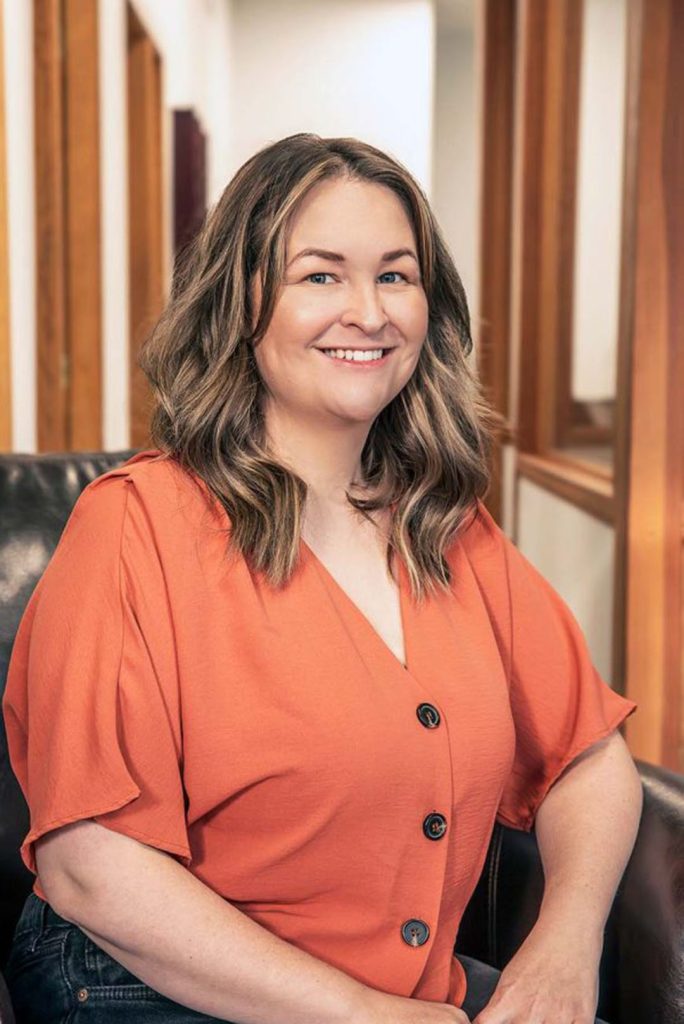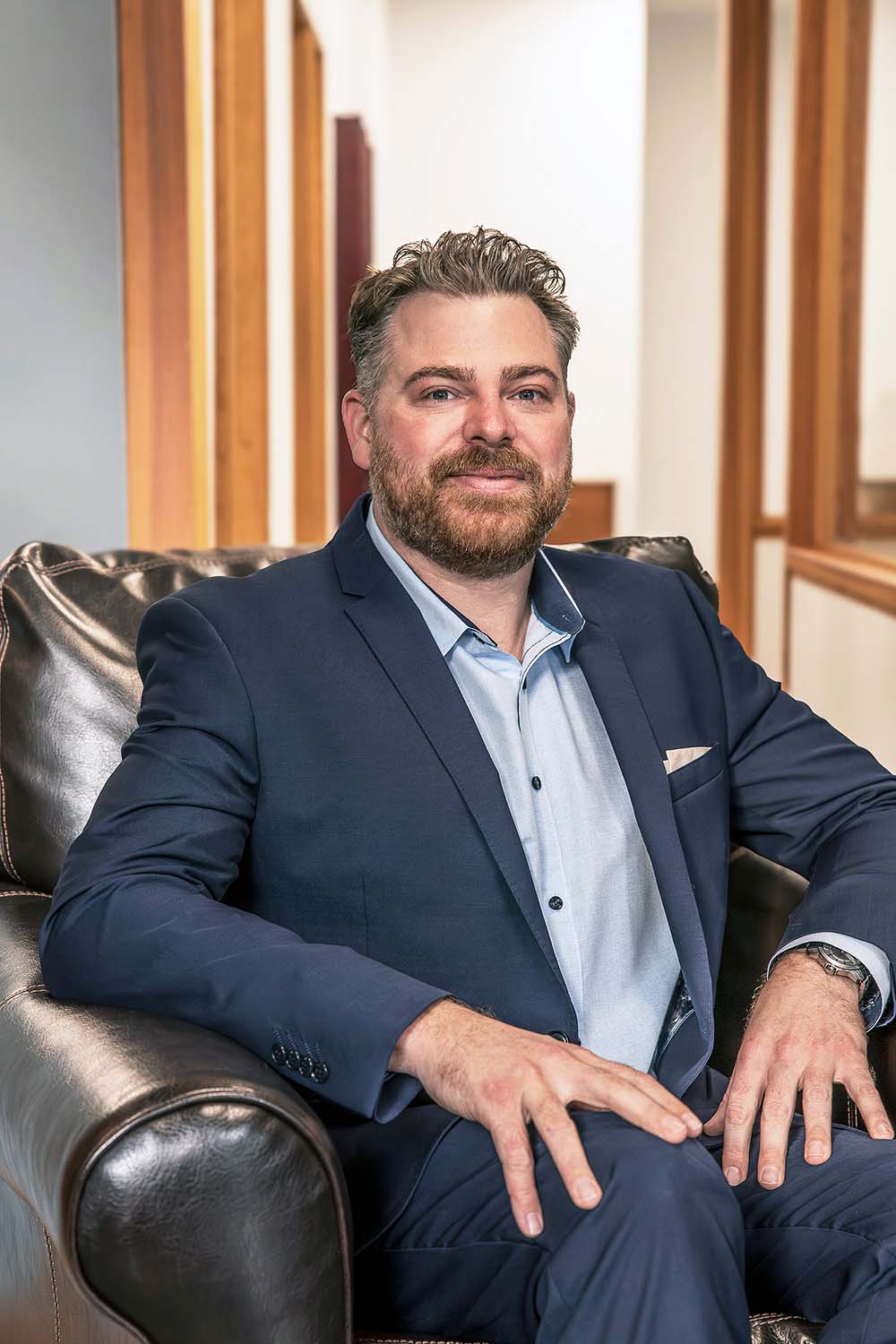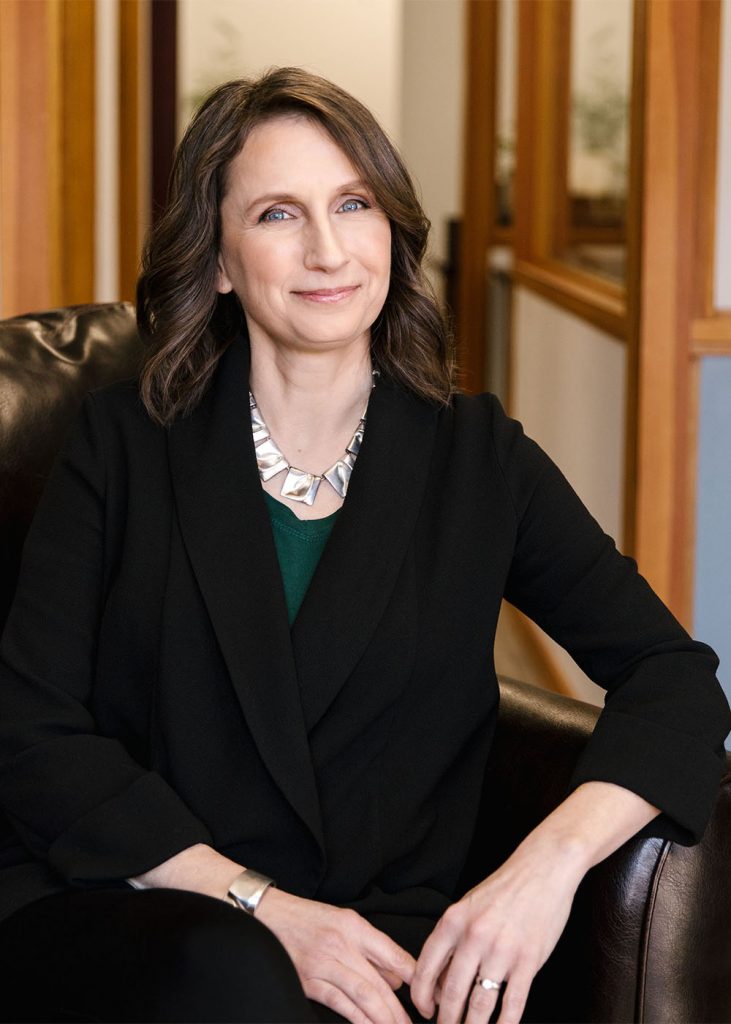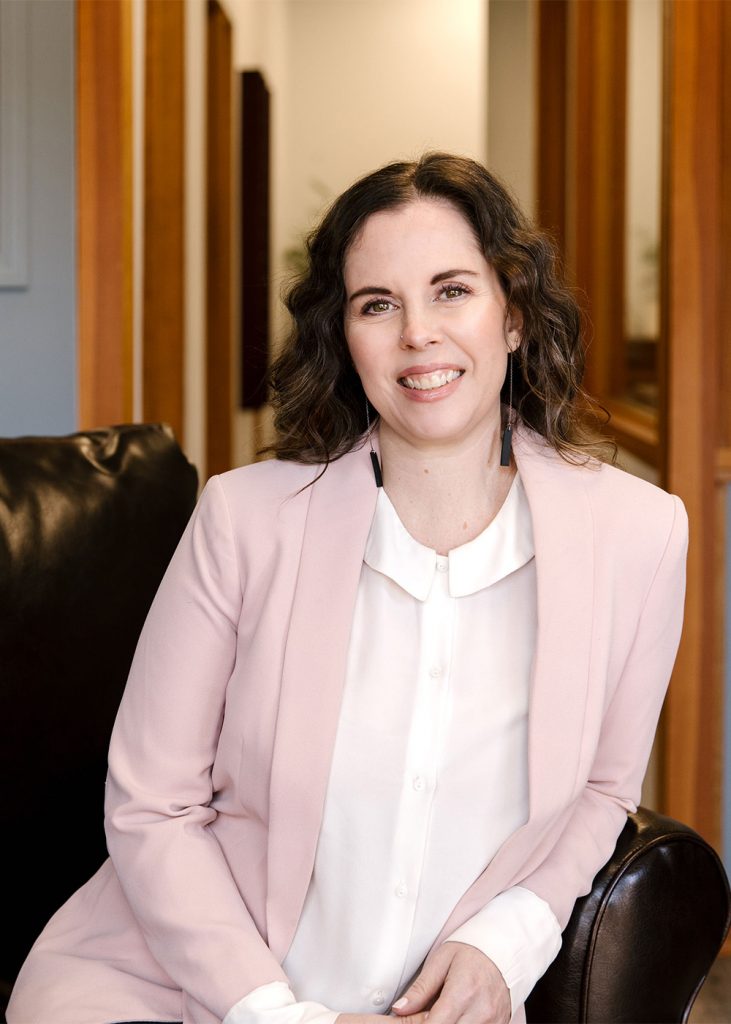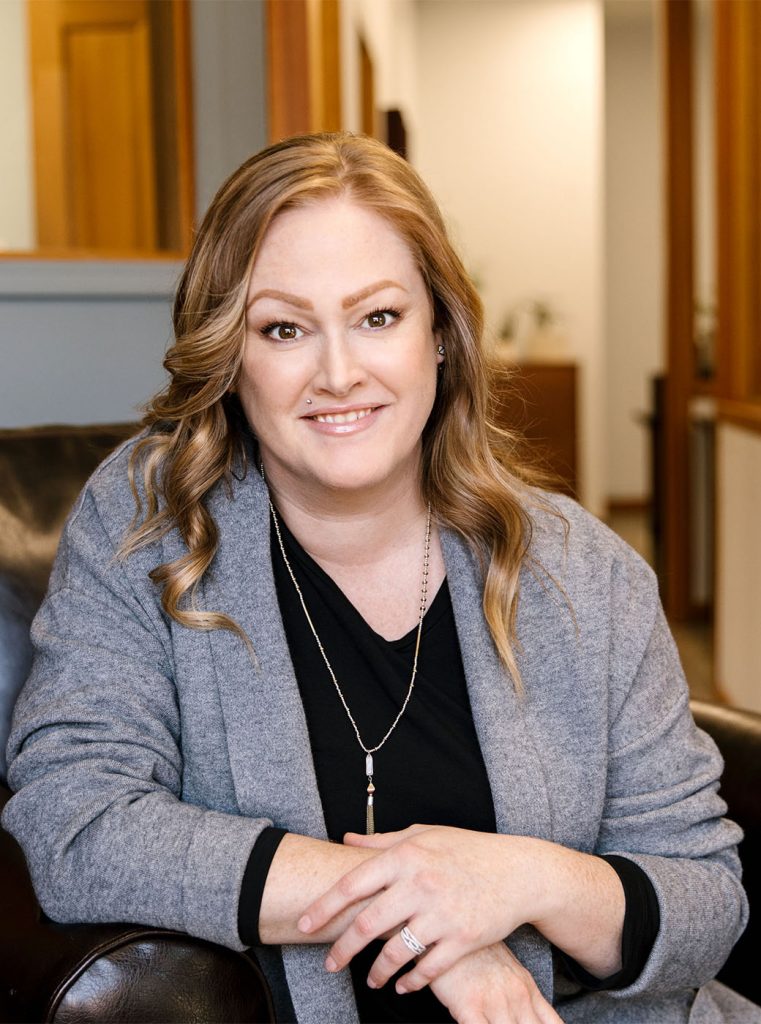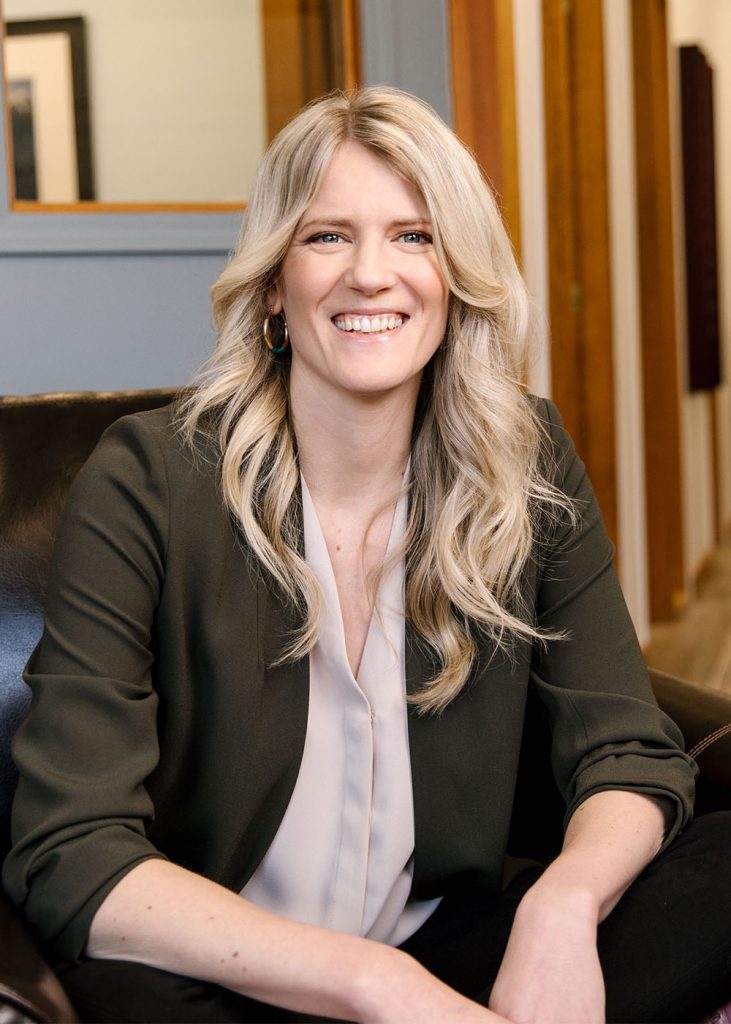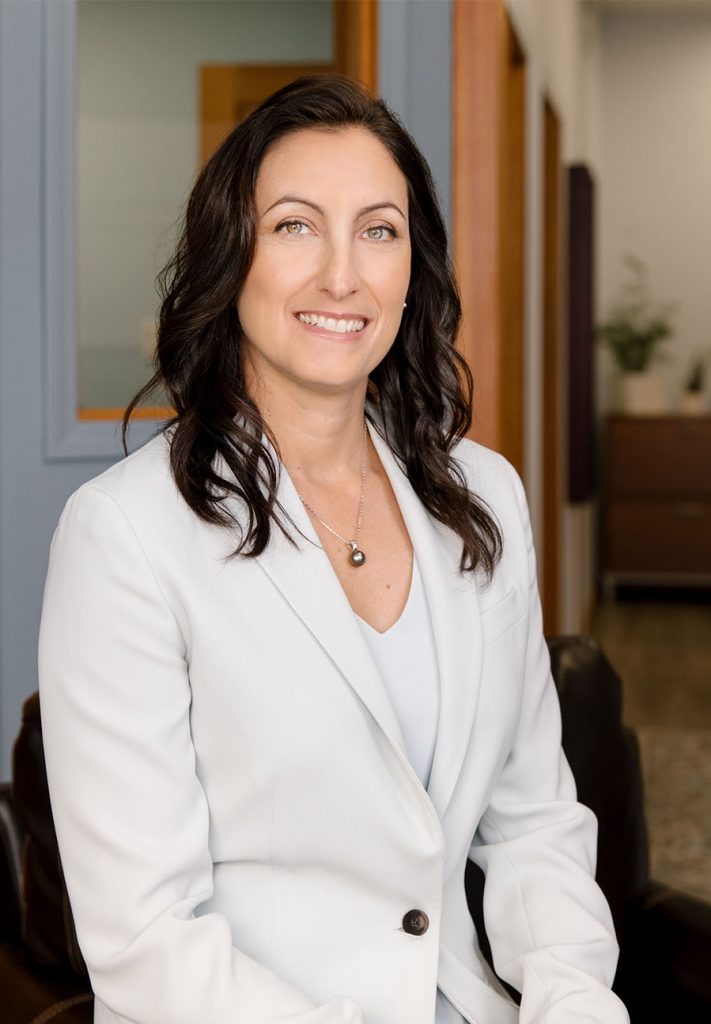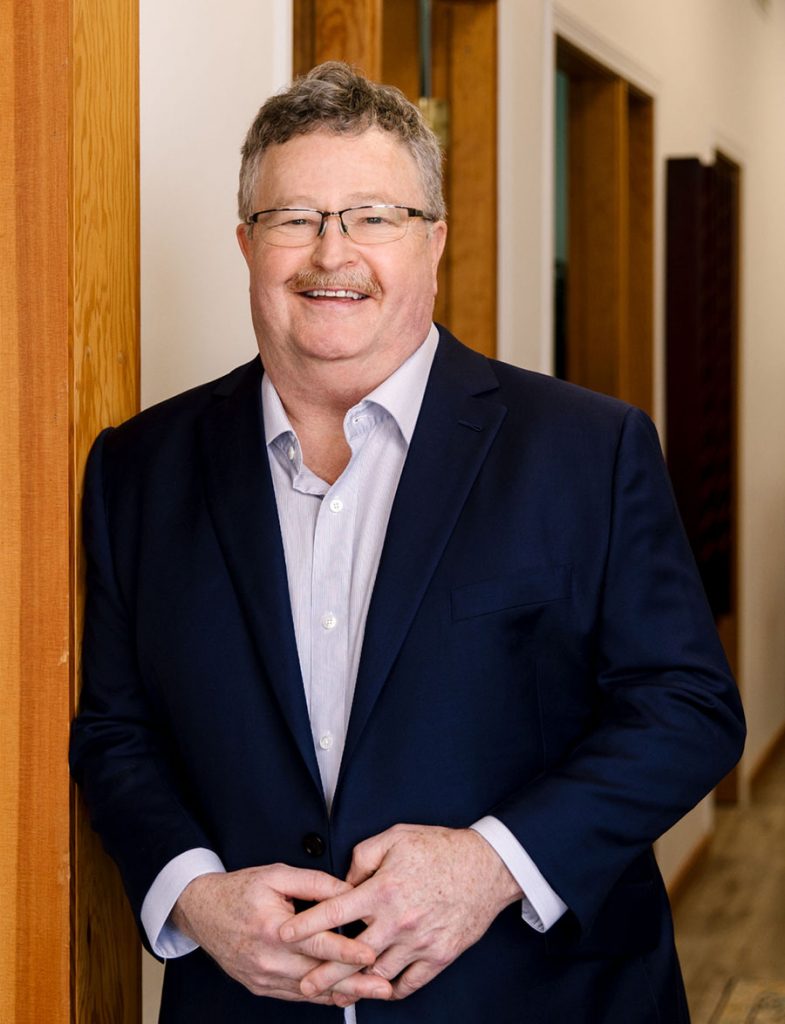Meet Andrew and Stacey Carter. Andrew and Stacey are young, high-income professionals living in Vancouver. Lately, their TikTok and Instagram feeds are inundating them with recommendations for real estate as the ultimate wealth-building tool, and they’re hooked.
The Carters decide they want to buy a house and a rental in Vancouver. Doesn’t everybody?
They have saved enough money to put a down payment on both properties and will own them as “joint tenants” – they each own the properties and have full rights to their use and enjoyment.
They don’t know a lot about taxes. In fact, they haven’t even considered the impact of taxes on their road to riches.
But they are about to learn the hard way that taxes and real estate go hand in hand.
Property Transfer Tax
It’s January 1st, 2022, and Andrew and Stacey find a lovely house in a neighbourhood they love. They put in an offer for $2,000,000, and the seller accepts. They’re thrilled! Until they learn that the buyer must pay provincial property transfer taxes when a property changes hands.
How much?
- 1% of the fair market value up to and including $200,000
- 2% of the fair market value greater than $200,000 and up to and including $2,000,000
- 3% of the fair market value greater than $2,000,000
On their $2,000,000 property, the land transfer tax is $38,000. That’s an extra 1.9% expense they need to account for. And since they can’t roll property taxes into their mortgage, they need to pay this upfront out of their cash savings.
In limited cases, first-time home buyers may be exempt or partially exempt from the tax, but only on qualifying home purchases under $525k. There is also an exemption when transferring property between related individuals or on the breakdown of a marriage or common-law relationship.
The First-Time Home Buyer’s Tax Credit
The Carters see a TikTok video that says first-time homebuyers can get a tax credit on their first home purchase.
The good news is that they qualify as first-time home buyers because they did not live in a home they owned in the year of the purchase or any of the four preceding years.
They can claim $10,000 of the purchase and receive a federal non-refundable tax credit for 15% of this – a total of $1,500, which they get when they file their taxes the following year.
GST
Because they are diligent savers, the Carters have the cash needed for the property transfer taxes. They complete their purchase, move in, and then focus on buying the rental.
They buy a brand new two-bedroom condo in Downtown Vancouver for $1,000,000 and pay the $18,000 in property transfer tax. But the final purchase price comes out $50,000 higher than expected. Why? Because on newly built homes, buyers must pay GST. They talk to their mortgage broker and find out they can roll the GST into their mortgage if they want to. They’ll pay more interest this way, but since they hadn’t anticipated the big property transfer tax bill, they do it.
There are two other cases where GST applies but not to the Carters:
- Farmland, with certain exceptions
- Commercial properties
The Newly Built Home Exemption
They see an Instagram Reel that says on newly built homes, they may qualify for a partial or complete exemption from the property transfer tax on their condo.
Fantastic!
Except to qualify, the home’s value must be $800,000 or less and the condo must be their principal residence. In their case, there is no relief, and they must pay the total amount.
If their new home (not the rental) had been less than $750,000, and it was a new build, the entire property transfer tax bill would have been waived. If it were between $750,000 and $800,000, they would be exempt from a portion of the taxes.
Income Tax
Since the rental mortgage payment, strata fees, utilities, property taxes, and insurance cost them $2,000 per month, they are thrilled when a tenant offers to pay them $3,000 monthly for a one-year lease on the condo, leaving them with $1,000 per month in positive cash flow.
They are less thrilled the following April when they file their taxes and notice that they paid an extra $6,420 in income tax. That’s because the net rental income – that $1,000 monthly cash flow from the rent – is fully taxed at their marginal rate of 53.50%. Ouch.
They would have still paid tax if they had decided to rent out one of the bedrooms in their home instead of buying a rental. In that case, they could deduct a proportional amount of their expenses – meaning if the bedroom was 20% of the square footage of their home, they could deduct only 20% of their home’s expenses against the rental income.
What if they decided to rent a bedroom on a short-term basis instead?
In most cases, the same calculation would apply. So, if they rented it for one month of the year, they could deduct:
20% of the house rented * 1/12th of the year = 1.67% of their expenses.
Annual Taxes
Property Tax
Each municipality in Canada sets its own property tax rates based on each $1,000 of the home’s value. The BC Assessment, mailed out each January based on the home’s value from the previous July, is used to calculate the tax owing. In some instances, a grant is available to reduce the tax bill, and property tax deferral programs are available – but interest is charged each year on the amount outstanding. Anyone 55 years or older, a surviving spouse, an eligible person with a disability, or who financially supports a dependent child may qualify.
Additional grants are also available in some cases, but the Carters don’t qualify.
The Carters’ annual property tax bill for the primary residence is $5,389. Since the value of their home is over $1,975,000, they qualify for a reduced grant of $470, bringing their total property tax bill to $4,919. For their condo, the tax is $2,693. Since the Home Owner Grant only applies to a principal residence, their rental doesn’t qualify.
BC Speculation & Vacancy Tax
The Carters realize that they just aren’t cut out to be landlords. They are busy enough with their careers and don’t have time to manage the property and its needs. They will sell it eventually, but the market is slow right now, and they’re busy – so they put it off. The tenant leaves when their lease is up, and they decide to keep the condo and leave it empty for most of 2023.
In early 2024, they get a letter from the provincial government, asking them to declare whether their home and condo were occupied in 2023.
Since they did not live there and didn’t rent it out for at least six months of the year, they must pay the BC Speculation and Vacancy Tax.
The current rates are:
- 2% of assessed value for foreign owners and satellite families
- 0.5% of assessed value for Canadian citizens or permanent residents of Canada who are not members of a satellite family
Their condo is still valued at $1,000,000, and they are assessed $5,000 in tax.
The tax would not have applied if it had been rented for at least six months of the year. Several other exemptions are available, none of which apply to the Carters.
Empty Homes Tax
Next up, they get a letter from the city of Vancouver about an “empty homes tax.” They are dismayed to learn that this is separate from the BC Speculation and Vacancy Tax and ten times as punitive.
It applies to their condo since it was unoccupied for more than six months of the year.
From 2023 onwards, the tax is 5% of the property’s assessed value – $50,000 in Andrew and Stacey’s case.
Like the BC Speculation and Vacancy tax, there are exemptions in some cases – but not in the Carters’ case.
What Happens if They Sell?
Capital Gains Tax
Reeling from the additional vacancy taxes, the Carters decide to sell their condo. It’s Spring 2024, and the market has heated up – they believe they can sell it for $1,200,000, and sure enough, someone makes a cash offer. They sell, pay off the mortgage, and a sigh of relief washes over them.
Until tax time.
Their accountant tells them that the $200,000 increase in value is taxable as a capital gain since the property was not their primary residence and did not qualify for the principal residence exemption (more on that in a moment).
Thankfully, they only need to report half of the capital gain on their tax return. And since they owned it jointly, they each declared half of the gain. Not that this will save them any tax since they are both in the top marginal tax bracket in BC.
They declare $100,000 in taxable capital gains – $50,000 each for Andrew and Stacey – and each pay an extra $26,750 in taxes, or $53,500 in total.
But they still netted $1,146,500, an after-tax gain of $146,500!
Minus $5,386 for two years of property taxes.
And the $50,000 Empty Homes Tax.
And the $5,000 Speculation and Vacancy Tax.
And the $18,000 in property transfer tax.
And the $50,000 in GST.
Ignoring rental income (and loss of rental income for leaving the condo vacant for a year), their net after-tax take home is:
$1,200,000 – $53,500 – $5,386 – $50,000 – $5,000 – $18,000 – $50,000 = $ 1,018,114
All in, they made $ 18,114 after two years. Not bad, but it was a lot of work.
The Principal Residence Exemption
The year is 2031, and the Carters want to move to the suburbs. Their home has grown in value to $3,000,000, and they decide to sell.
Leery of the capital gains tax they paid on their rental, they ask their accountant if their home is also subject to tax.
Lucky for them, it’s not – that’s because of something called the Principal Residence Exemption (PRE).
For a given calendar year, you can apply the PRE to a home you, your spouse, or your children ordinarily inhabit. That means you can use it on your home, a vacation property, or even a property you rent to your children. But only one property per calendar year.
The calculation to determine your exemption accounts for years where you sell and buy a new principal residence in the same year:
# of Years Home is Declared Your Principal Residence+1# of Calendar Years Owned X Gain in Value=Exemption Amount
(Number of Years Home is Declared Your Principal Residence + 1)/Number of Calendar Years Owned * gain in value = Exemption Amount
Notice the “+1” in the equation.
The Carters bought their home in 2022 and sold it in 2031 to buy their dream home in beautiful Squamish, BC.
The Vancouver house was their principal residence for the entire period. Because of the +1 in the formula, they only need to declare the PRE from 2022 to 2030 – nine years – which leaves 2031 to be used on their new Squamish home eventually.
They calculate their PRE as follows:
9+110 X $1,000,000=$1,000,000
(9 + 1)/10 * $1,000,000 = $1,000,000
The entire $1,000,000 is exempt, and they retain the PRE for 2031. They report the capital gain on their tax return and claim the PRE, paying no tax on the gain.
Note that from 2022 onwards, you must have owned the home for at least 12 months to use the PRE. This dissuades people from buying a home, moving in, and flipping it while claiming the PRE.
Death and Taxes
Probate
Andrew and Stacey live a long and rewarding life, and eventually, Andrew passes away.
Stacey, as his executor, applies for probate on his assets.
Probate is the process of verifying your will. It helps to indemnify custodians or agents against giving out property to the wrong beneficiary. In the case of a bank account or investment portfolio, the bank or investment firm will require a grant of probate from the provincial government. The Land Titles Office needs this to transfer ownership of real estate assets.
Probate fees vary from province to province, but in BC, any estate over $25,000 attracts a 1.4% fee. Because they owned their home jointly, full ownership passes outside Andrew’s estate directly to Stacey. No probate is required.
When Stacey eventually passes away, assuming she was still the sole owner, probate would apply. If the home had appreciated to $5,000,000 many years later, the probate fee would be $70,000.
While not technically a tax, it is effectively one and is sometimes referred to as Estate Administration Tax.
The Carters are, of course, a fictitious couple. Their real estate journey was not wholly abnormal, though, and the multiple layers of tax must be considered at every stage.
Owning property can be an effective tool for building wealth. But before you jump head-first, make sure you know just how much it will cost.
Mark McGrath
This is provided for informational purposes and should not be construed as tax advice. Clients should consult their tax professional before implementing any strategies. Please note that while current at the time of publication, tax rates are subject to change.



